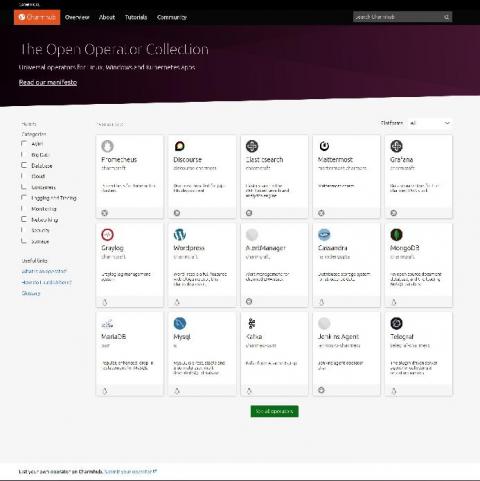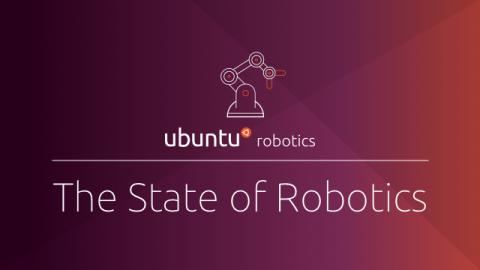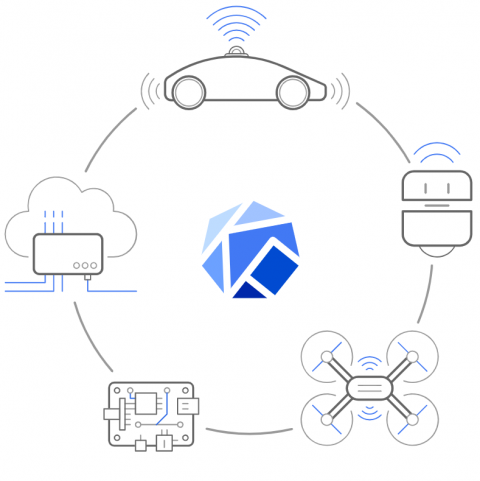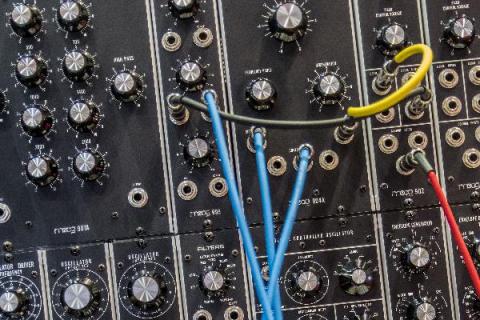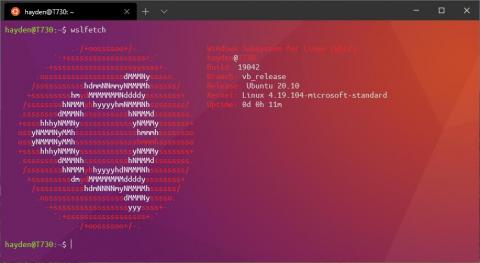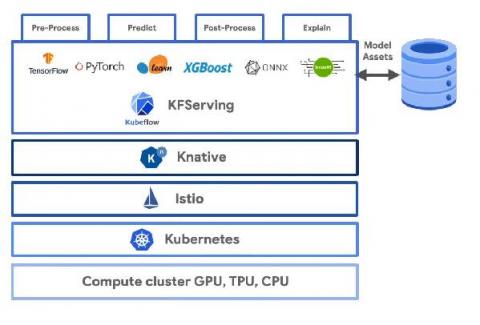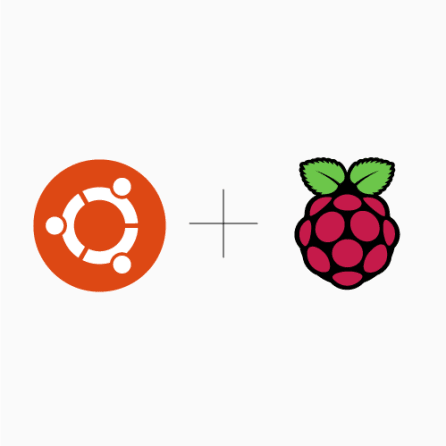Canonical's Open Operator Collection extends Kubernetes operators to traditional Linux and Windows applications
13th November 2020: Canonical’s Open Operator Collection, the largest collection of application operators, now supports both cloud-native and traditional applications on Windows and Linux. The collection is hosted at Charmhub.io and follows the Open Operator Manifesto.


